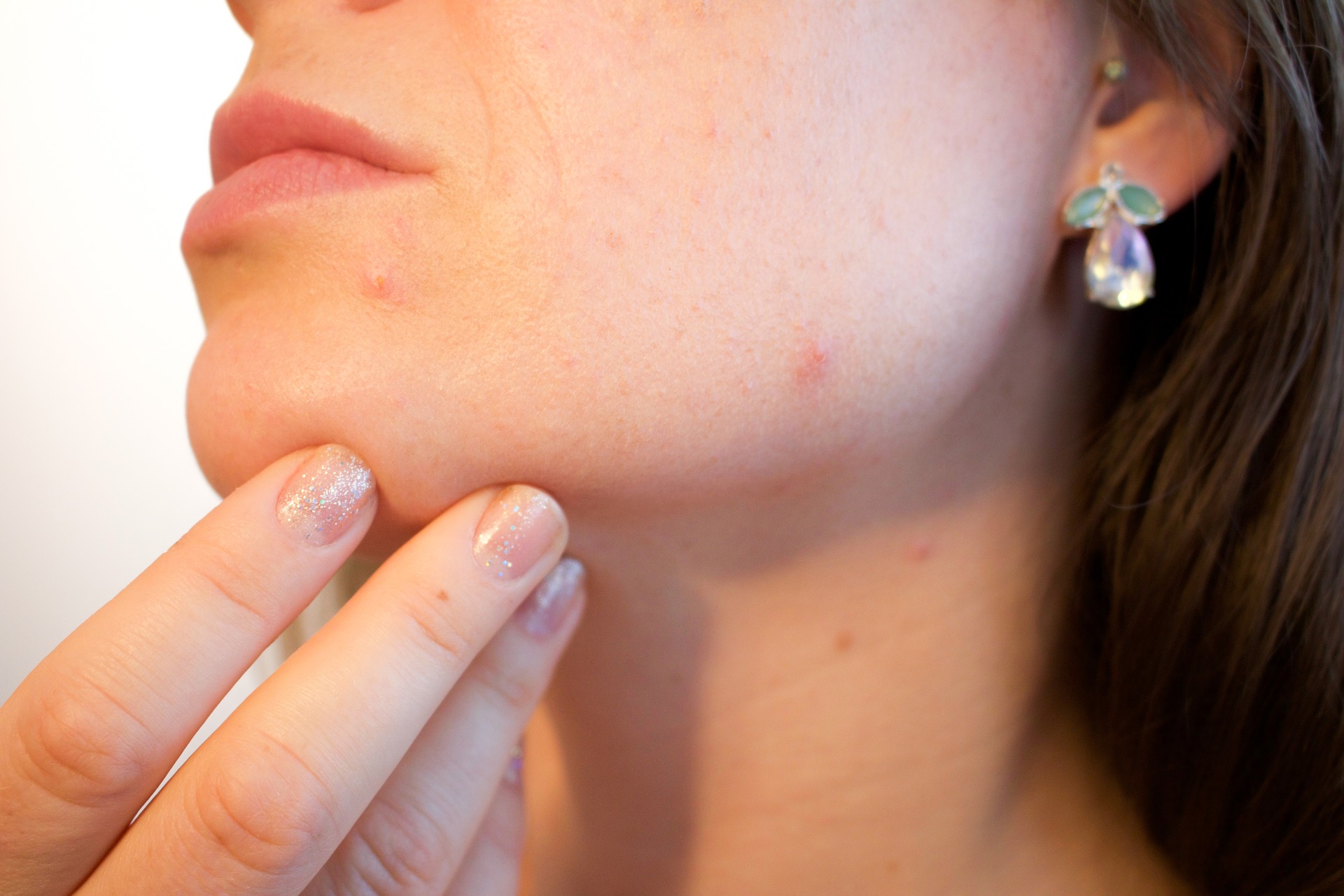
[dropcap]As[/dropcap] the temperatures drop and the winter season truly sets in, people reach for the woolly jumpers and crank up the heating system. The thoughts of snowy walks and roaring fires may sound wonderful to some, but the arrival of winter can mean the return of dry and itchy skin as the change in humidity signals a new level of discomfort for eczema sufferers.
With central heating, drier air, and the extreme temperature changes from indoors to outdoors, the cold months of winter can be a frustrating time for people with sensitive skin. Flare-ups can also be triggered by someone’s choices, such as what clothing they wear or their skincare routine. Fortunately, it’s not too late to combat winter eczema as there’s plenty of preventative steps to make it through the harsh weather.
Eczema is an inflammatory skin condition that affects the skin barrier and causes abnormalities in the skin’s usual inflammatory and allergy responses. According to the Irish Skin Foundation, the condition affects 1 in 12 adults in Ireland and 1 in 5 children.
As mentioned, heat can irritate sensitive skin. Many people enjoy hot and steamy showers but this causes havoc for an eczema sufferer. Lukewarm showers are recommended to ensure less itchiness and reduce the loss of moisture and essential oils from the skin. Hot water may provide temporary relief, but the sensitive skin will be red and aggravated when the tap turns off.
This winter, try opting for a warm bath for 10-15 minutes with some emulsifying ointment as an alternative to perfumed soaps and make sure to pat dry the skin rather than rubbing to reduce the risk of irritation.
Skincare starts with cleansing so be sure to bin soaps and any face washes with fragrances or additives as these are extremely drying. According to the American Academy of Allergy Asthma and Immunology, the average pH level of soap is 9-10. The skin’s normal pH level is between 4 and 5. As a result, soap increases the skin’s pH to an undesirable level and can worsen eczema symptoms. Choose products that will gently cleanse and won’t cost a fortune such as Aveeno.
Every night before bed, stick to a routine that will ensure you wake up with fresh and hydrated skin in the morning. A step which many people overlook is purchasing a thicker moisturiser for winter. Serums are still a necessary step in your skincare routine but a hefty amount of a rich hydrating cream is vital for dry faces at night time. Some people can’t stand the stickiness but it’s a small price to pay for healthy skin. La Roche Posay Cicaplast Baume B5 is one of the best affordable creams on the market for irritated skin. It’s also very good for burns.
And then there are the Christmas parties, when every woman dresses up in her best attire for a night on the town. Unfortunately, glamorous clothing is rarely made of breathable cotton fabric. Itchy material such as sequins, leather and synthetics can drive eczema crazy. It is best to avoid them where possible. Wash clothes with a detergent that is designed for sensitive skin and is free of added perfumes or chemicals. Wool is another fabric that should be skipped. Although it’s warm and lovely looking, it’s sensitive skin’s worst nightmare. Opt for layers so you can regulate your body temperature.
While there is still no cure for eczema, those with the condition can comfortably push on through the winter months with careful management of triggers and a good skincare routine. All we want for Christmas is happy, healthy skin.
Shauna Coen
Image credit: Pixabay



